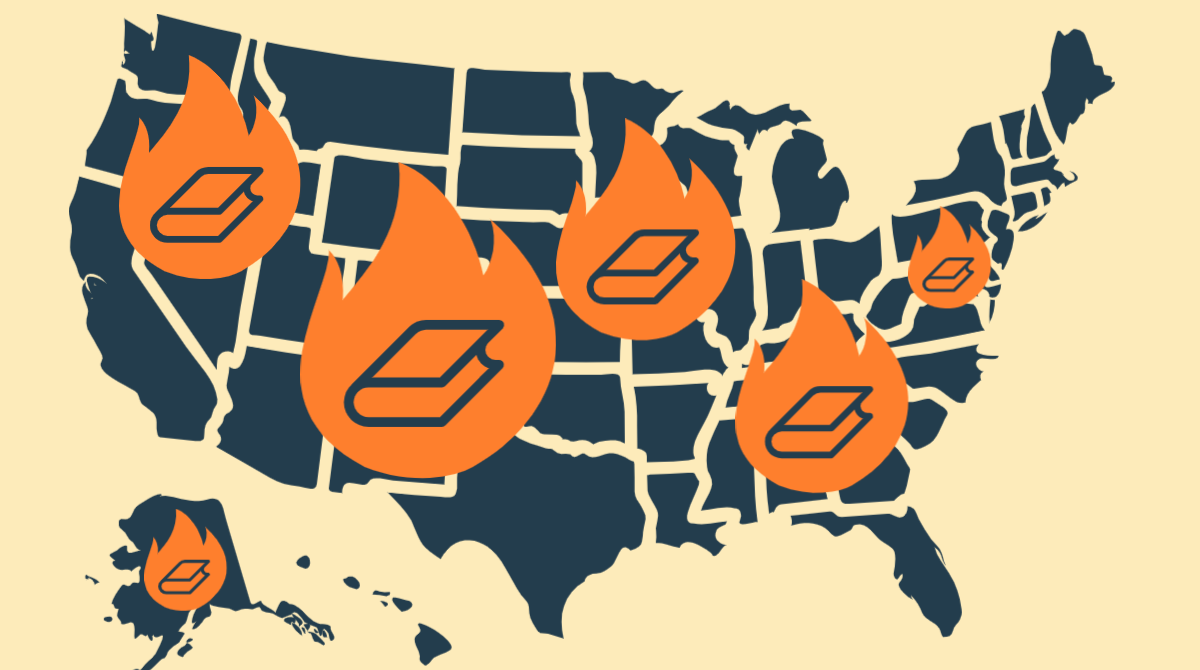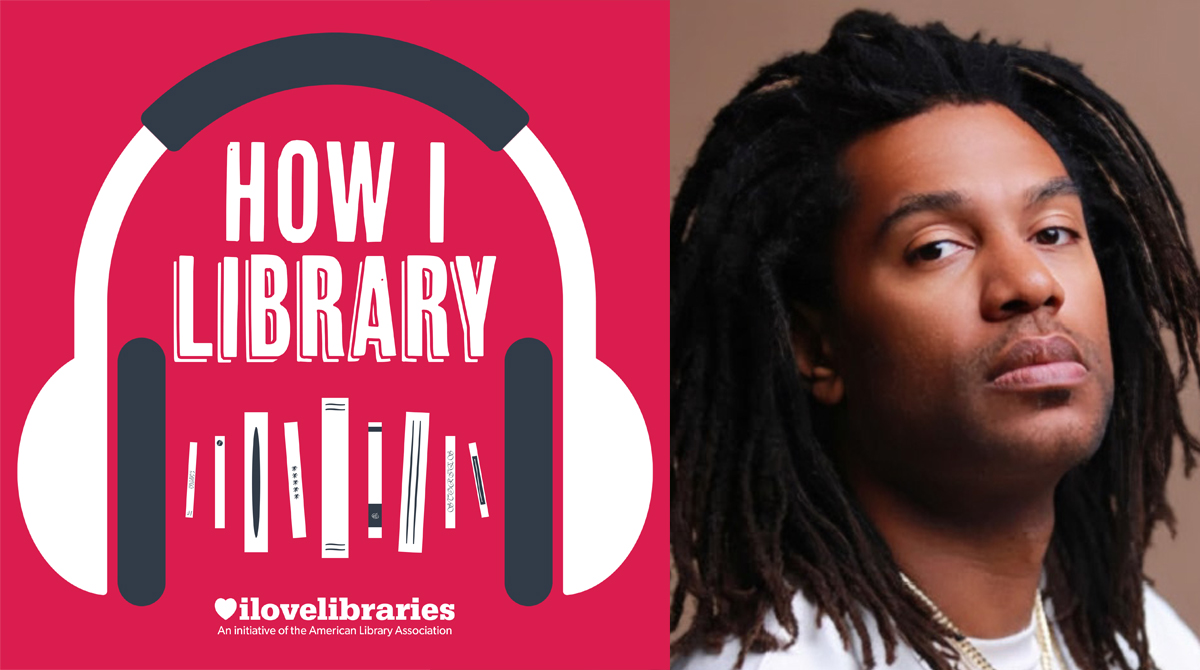Libraries and schools across the country are experiencing unprecedented levels of attempts to ban or remove books from their shelves. I Love Libraries will continue to raise awareness by highlighting attempts to censor library materials, as well as efforts by librarians, parents, students, and concerned citizens to push back against them. This reports includes news from Arizona, South Carolina, and Florida, as well as testimony from a former Oklahoma teacher who says she lost her job for helping students access banned books.
Experts call Arizona Senate bill to ban ‘lewd or sexual’ books unconstitutional
Experts say a bill in the Arizona state Senate that would give parents more control over what books students read in school is unconstitutional, reports the Tucson Sentinel.
Sponsored by state Senator Justine Wadsack, SB1700 would let parents request that books be banned from Arizona public schools if they contain “lewd or sexual” content, “promote gender fluidity or gender pronouns” or “groom children into normalizing pedophilia.”
Experts and scholars say the bill is unconstitutional, citing a 1982 U.S. Supreme Court decision regarding the removal of certain books by a New York school district. In its ruling, the Court held that “local school boards may not remove books from school library shelves simply because they dislike the ideas contained in those books and seek by their removal to ‘prescribe what shall be orthodox in politics, nationalism, religion, or other matters of opinion.'”
An attorney with the National Coalition Against Censorship says a school’s removal of a book because it mentions “gender fluidity and gender pronouns” directly contradicts that decision.
South Carolina library considers banning 24 books
Two dozen books, many with LGBTQ+ themes, could soon be banned from the Greenville County (S.C.) Library System, reports Greenville News. The potential ban has sparked outrage among LGBTQ+ advocates, library experts, and library system employees.
The move is in-line with Greenville County Republicans, who passed a resolution last September urging Greenville County Council to move books with “sexually explicit” content from the children’s section of county libraries into the adult section. By considering this latest book ban, library employees say the board of trustees has platformed conservative ideologies and injected the national culture wars currently dominating the political landscape into Greenville’s library system.
Three library employees said they have experienced an increase in harassment from patrons since the GOP passed its resolution. One employee said she’d been called a pedophile and a groomer both in person and over the phone.
Florida school district bans three more books
George M. Johnson’s All Boys Aren’t Blue, Peter Parnell and Justin Richardson’s And Tango Makes Three, and Kyle Lukoff’s When Aidan Became a Brother-three books that explore topics such as gender identity and same sex relationships-are the latest book titles to join the growing list of banned books in Escambia County (Fla.) Public Schools, reports Pensacola News Journal.
In a February 20 board meeting, all three books were voted for immediate removal, and they will not be able to be challenged again for five years following the vote. The books are among more than 160 other titles that sit on the district’s challenged title list.
Sara Latshaw, deputy political director at the American Civil Liberties Union of Florida, said that the board’s repeal of the books would be a direct attack on student representation.
“The school board faces civil liability for removing the books. The school board cannot engage in viewpoint discrimination,” Latshaw said. “I hope we can rise above unnecessary political divides to represent the values of this community and ensure that all children our represented by our school library and the first amendment is protected in Escambia County.”
Oklahoma teacher speaks out after facing death threats for helping students access banned books
A former Oklahoma teacher who said she lost her job for helping students access banned books is speaking out against the movement to censor books in schools.
Summer Boismier, who now works for Brooklyn Public Library, was a high school English teacher in Norman, Oklahoma. After Oklahoma Governor Kevin Stitt signed a bill into law in 2021 that limited student engagement with critical race theory, gender identity, and sexuality in the classroom, Boismier gave her students a QR code that directed them to Brooklyn Public Library’s Books Unbanned project, which allows kids to read books that have been banned throughout the U.S.
Boismier said she received complaints, threats, and harassing messages on social media and via email as a result.
“There’ve been countless individuals who’ve wanted me criminally charged, who’ve suggested at various points and times and comment sections across the internet,” Boismier told Business Insider. “Individuals who’ve called for my prosecution and even my execution.”
Take action
Alarmed by the escalating attempts to censor books? Here are five steps you can take now to protect the freedom to read.
1. Follow news and social media in your community and state to keep apprised of organizations working to censor library or school materials.2. Show up for library workers at school or library board meetings and speak as a library advocate and community stakeholder who supports a parent’s right to restrict reading materials for their own child but not for all
3. Help provide a safety net for library professionals as they defend intellectual freedom in their communities by giving to the LeRoy C. Merritt Humanitarian Fund.
4. Educate friends, neighbors, and family members about censorship and how it harms communities. Share information from Banned Books Week.
5. Join the Unite Against Book Bans movement to learn what you can do to defend the freedom to read in your community.




